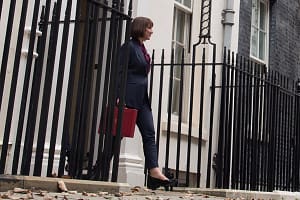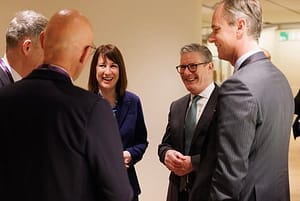The Chartered Institute of Taxation (CIOT) welcomes the Public Accounts Committee opening a new inquiry into the UK’s management of ‘tax expenditures’ tax reliefs.
Tax expenditures mean non-structural tax reliefs where government opts to forego tax in order to pursue social or economic objectives, such as tax credits for companies’ R&D costs and income tax relief on pensions contributions.
John Cullinane, CIOT Tax Policy Director, said: “We greatly welcome the Public Accounts Committee taking up this important issue.
“Governance of tax reliefs in the UK is not systematic or proportionate to their value or the risks they carry. There is a mismatch between the significant effort in government and to an extent Parliament that rightly goes into new tax measures, and the relative lack of attention to how effective those measures prove over time. This is particularly the case with tax expenditures.
“Unless HMRC and the Treasury actively monitor the use and impact of tax reliefs, and act promptly to analyse increases in their costs, we cannot assume that these reliefs will be value for money.”
The Public Accounts Committee (PAC) inquiry follows a report published in February this year by the National Audit Office (NAO) which raised concerns about the effectiveness of the Treasury’s and HMRC’s management of tax expenditures.
It found that there is no formal framework governing the administration or oversight of tax expenditures, and that while the Treasury and HMRC have begun steps to increase their oversight of tax expenditures and more actively consider their value for money, these will not be sufficient on their own to address value for money concerns.






Leave a Comment